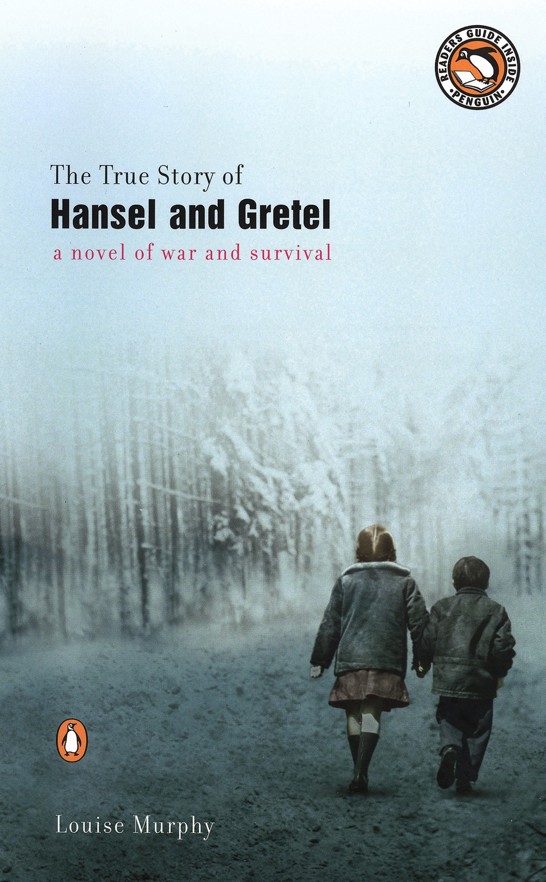
The True Story of Hansel and Gretel
کتاب های مرتبط
- اطلاعات
- نقد و بررسی
- دیدگاه کاربران
نقد و بررسی

May 12, 2003
A provocative transformation of the classic fairy tale into a haunting survival story set in Poland during WWII, Murphy's second novel (after The Sea Within) is darkly enchanting. Two Jewish children, a girl of 11 and her seven-year-old brother, are left to wander the woods after their father and stepmother are forced to abandon them, frantically begging them never to say their Jewish names, but to identify themselves as Hansel and Gretel. In an imaginative reversal of the original tale, they encounter a small woman named Magda, known as a "witch" by villagers, who risks her life in harboring them. The story alternates between the children's nightmarish adventures, and their parents' struggle for survival and hope for a safe reunion. This mirror image of the fairy tale is deliberately disorienting, as Murphy describes the horrors of the outside world compared with the haven inside Magda's hut, and the fear and anguish of the other people who conspire to save the children and protect their own families, too. The naïve siblings are only half-conscious of much of this, though they are perfectly aware of their peril should they be discovered. The graphic details—the physical symptoms of near starvation, the infestations of lice, the effects of bitter cold—make it plain that this is the grimmest kind of fable. Eventually, the Nazis indulge in wholesale slaughter, and the children barely survive, hiding and on the run. No reader who picks up this inspiring novel will put it down until the final pages, in which redemption is not a fairy tale ending but a heartening message of hope.

July 1, 2003
A post-Holocaust literature is emerging that differs from its antecedents in that its chroniclers have not directly lived through the Holocaust themselves but have appropriated it in attempts to deepen our understanding of this perhaps most heinous episode in human history. Through such fictionalized accounts, this universalization of the Holocaust experience is now making it a part of every human's heritage, like it or not. Poet and novelist Murphy (The Sea Within) contributes to that legacy with a gripping tale that takes as its point of departure the story of Hansel and Gretel and stays remarkably close to the original version, with significant twists. Murphy's Hansel and Gretel are Jewish children abandoned by their father and stepmother deep in the Polish forest in a desperate attempt to hide them from the Nazis after their escape from the Bialystok ghetto. The children, to whom they give fairy-tale names to conceal their Jewishness, encounter Magda the "witch," as the nearby villagers call her, who takes them into her hut not to destroy but to shield them. This harrowing portrayal of the daily ordeal of Poles caught up in the German occupation-Gentiles as well as Jews-makes this a page-turner as well as a moving testament to the human will to do good and survive despite all odds. Highly recommended.-Edward Cone, New York
Copyright 2003 Library Journal, LLC Used with permission.

June 1, 2003
The stepmother persuades the father to abandon the children in the forest, where they find shelter in the cottage of a witch, who locks them in a cage. It's the scariest of all fairy tales, and it's retold here with gripping realism as a Holocaust novel set in Poland near the end of World War II. Murphy brings the genocide history up close through the horrifying daily experience of 11-year-old Jewish Gretel and her younger brother, who save each other from the worst with the help of a few brave villagers. The Grimms' story is always there like a dark shadow intensifying the drama as the searing narrative transforms the old archetypes. The stepmother and the Romani witch are quiet heroes who sacrifice themselves to save the children, while their father is with the partisan army, desperate to find his family. The children may follow the trail home in the end, but the gruesome reality in the village and the forest prevents any sentimental uplift. The witch does land up in the oven, in a concentration camp.(Reprinted with permission of Booklist, copyright 2003, American Library Association.)

























دیدگاه کاربران